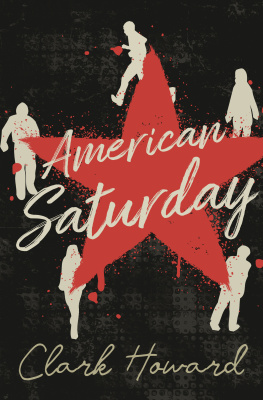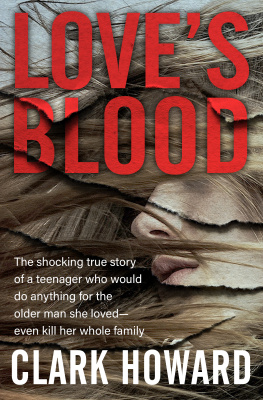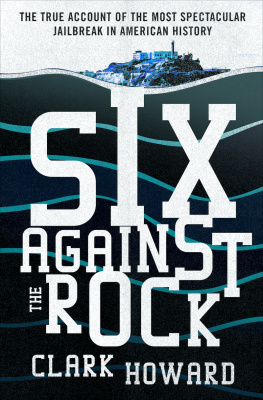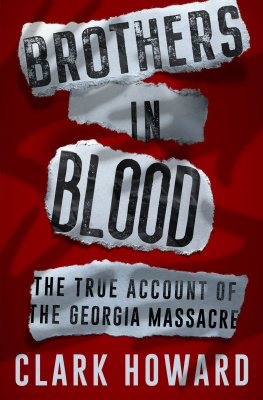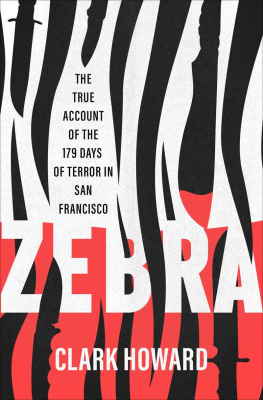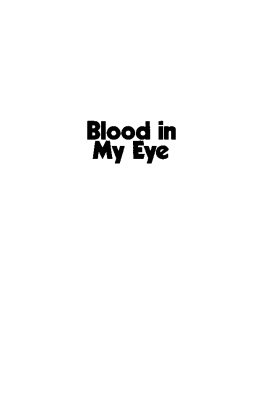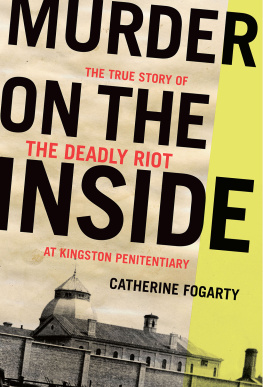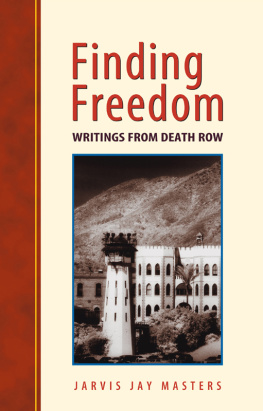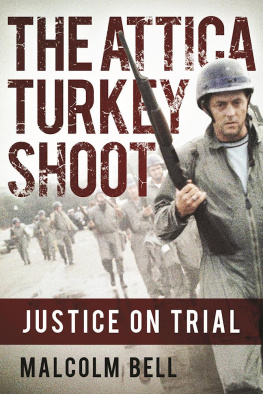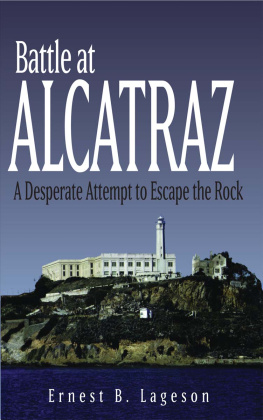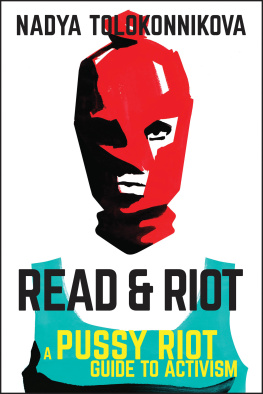Pagebreaks of the print version




American Saturday
Clark Howard
To
Joyce engelson
Richard Condon said she
was the smartest gal in
New York .
He was right .
Authors Note
I never paid much attention to George Jackson when he was alive. Self-styled revolutionaries do not usually interest me. I can remember being briefly intrigued by his so-called love affair with Angela Davisa love affair between two people widely diverse in background: the woman a brilliant, educated, well-known American Communist; the man a rebellious black who, because of his refusal to conform to institution rules, had served a decade in prison for a $70 gas station holdup. The fact that they claimed to be in love interested me, but only in passing. I was too caught up in my own projects at the time: my sixth novel was about to be published, I was compiling notes for a long, fictional history of midwestern prisons, and at the same time attempting to contact former convicts from Alcatraz for an in-depth nonfiction book on the escape attempt and riot which took place there in 1946. It was a busy schedule, allowing time for no more than cursory attention to a recalcitrant stickup man who had somehow evolved into a political prisoner.
When George Jacksons seventeen-year-old brother Jonathan hijacked a California courtroom to liberate three of his brothers prisoner friends, taking the judge and others hostage in the process, then demanded, in the predictable few minutes in which he was in control and before he was killed, the release of George and two others charged with the murder of a white prison guard, I was appalled at the insanity of the act. I found it difficult to believe the later allegation that Angela Davis, given her intelligence, had furnished the guns to young Jonathan. Her immediate disappearance, however, seemed to reinforce the accusation. Even so, it all soon became yesterdays news again, revived only briefly when Ms. Davis was captured by the FBI two months later.
I did not even pay very much attention to George Jackson in August 1971 when I read about his killing on the yard at San Quentin, when he and five otherstwo white convicts, three white guardshad died in an unsuccessful prison break. Two white convicts, three white guards. All with their throats cut . It did not sound like any kind of prison break I had ever heard of; more like a bloody racial inquisition of some kind. But still it did not interest me that much. Too many other things going on.
Then, in 1978, after the Jackson brothers were long buried, Angela Davis long acquitted of any part in the Marin County courthouse conspiracy, numerous other black convicts tried and either acquitted or convicted, a curious thing happened. While at Folsom Prison conducting an interview with one of the Black Muslims convicted of the infamous San Francisco Zebra killings, I had an opportunity to speak with a prisoner who had known George Jackson and had been with him in the Adjustment Center (disciplinary cellblock) on the day of the escape attempt. We talked about that day and he told me some things that had never been made public. He also referred me to two other men who had been in the cellblock that day: one a convict at another prison, and one recently discharged from prison. I had no way of knowing that those referrals were the beginning of two research trips which would take me on a 11,000-mile journey.
Almost at the same time, I happened to meet another person who owned some letters written by Jackson while he was in San Quentin. I was allowed to read them. That was when the peculiar thing happened. I found that George Jackson and I had grown up only a block apart on Chicagos lower West Side.
In one of Jacksons letters, he mentions living as a child on Warren near Western. That would be either the 2300 or 2400 block, depending on which side of Western he meant. I lived in a row building at 2242 Warren, third floor, rear. Jackson mentions going to St. Malachys Catholic School at Washington and Oakley, in the heart of the ghetto area. The building I lived in was on Warren and Oakley, a half city block away. Jackson mentions how, as a youth, he and three other blacks would attack white paperboys and take away their collection money. That comment cut deeply. I was one of those paperboys for a time. We white kids all individually feared the blacks because they always seemed to run in packs and never fought fairly, one-to-one.
The first thing I found curious about Jackson was that he called the neighborhood a ghetto. I had always referred to it as a slum. It was the same neighborhood, so why were the words different? Because one came from the lips of a black kid, the other from a white boy. Slum to us meant a run-down neighborhood where poor people lived. Ghetto seemed to mean something else: a place where only black poor people lived. It did not make sense to us: everybody down there was poor.
I also thought it odd that Jackson complained about having to attend nearby St. Malachys, a parochial school where tuition was charged. I recalled that I had to walk eight blocks in the freezing winter with cardboard in my shoes to attend Grant Elementary, a public school. I later learned that the reason for Jacksons good fortune was that his father was a hard-working postal employee, while mine was an ex-convict from Atlanta Prison who had deserted me. And Jacksons mother was a God-fearing, strong-willed woman determined to raise her children properly, while mine was a drug addict who was aware of my existence only about 10 percent of the time.
Why then, I wondered, did George Jackson end up face-down on the San Quentin yard with a gun guards bullet in him, while I was now a moderately successful writer of books? Was it only because of the color difference? I could not quite swallow that. In some ways Jackson had a lot better chance to make it than I did. He was black, but he had two parents, food on the table, decent clothes, and was getting a good education in the relative calm of a Catholic classroom. I, although white, had no parents (a junkie is not really a parent), was always hungry, wore threadbare clothes, and attended one of the toughest public schools in the city.
Jackson had one other thing, too, that I do not remember. He was loved.
So I asked myself again: why? Why a prison guards bullet for George Jackson and a writing award for Clark Howard?
Could it possibly have just been the difference in color? Was the social system in America that simple? I did not for a minute believe itbut for the first time in my life I did not totally disbelieve it either.
So I decided to find out. I decided to learn everything I could about what happened in San Quentin the day George Jackson was killedand at the same time start with that day, the last one of his life, and work backward through his decade in prison, back to his youth, back to those slum-ghetto streets from which we both came, the old neighborhood that produced us, to see if we turned out the way we did only because he was black and I was white. It would be a unique experiment in fact research: probing a single day and an entire lifetimeboth of them tragic. And in the end I would know what and who George Jackson wasand why we ended up so differently.

